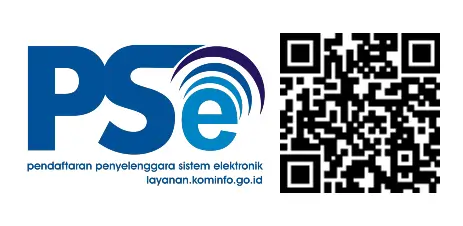Question:
Good morning, I’ve just worked at a startup company, can you please explain the meaning of the Founders Agreement, ESOP, and other terms that I might need to know, especially in the world of start-ups? (Annisa, Sunday Market).
Answer: Well, maybe first of all we need to understand the definition of startup itself. Basically, the term startup in Indonesian means “startup company” which means a company that has just started its business (usually under 3 years old). However, in this era there is a change in the meaning of the word startup as if it were a technology-based company.
Therefore, we need to clarify first that the meaning of startup used in this paper is startup in the sense of a startup company that is less than 3 years old. The use of terms in the startup world can be said to be unique because it may not have been heard or difficult to understand by people in general. This is due to the fact that the term used is actually an adoption of the same term used in other countries.
The needs and abilities of a startup may also be said to be different from a company in general, for example a startup may require a professional and experienced workforce to develop its startup but do not have the funds to pay a large salary to it or maybe at startup there is a greater concern over the founders. For this reason, it is not uncommon that the term in the startup world is a mechanism to accommodate these needs. Here are some terms that may appear in the startup world:
Founders Agreement
It is an agreement between startup founders before the establishment of a business entity. Basically, this agreement will set out in detail the rights and obligations of each Founder. The best time to make this agreement is before starting the startup. The importance of the Founders Agreement is that in the event of a dispute between the Founders, the solution is agreed upon in the Founders Agreement.
Employee Stock Ownership Plan (ESOP)
Is a share of shares that are planned to be given to startup company employees. As a result of the significant dependence of startups on certain employees (key employees), to motivate employees, companies can generally offer startup company shares in the form of ESOP free of charge with certain conditions. In addition to this, this system is generally used because startups do not need to provide large enough salaries or facilities to these employees.
Cliff Period
It is a trial period for Founders before obtaining the rights to share ownership in startup companies. As a result of the high potential for joint breakdowns between Founders, this Cliff Period is used to anticipate the presence of Founders who are unable to contribute as expected. It needs to be understood that it is better so that these provisions can be agreed upon by the Founders in writing. It is also better to establish appropriate performance indicators for each Founder.
Vesting Period
This is the period when the Founders will gradually get a portion of the startup company shares. Usually it is stipulated that the Founders will acquire a portion of their shares for each year. This Vesting Period is usually used to anticipate the presence of Founders who want to resign when a startup needs it so that in the event that a Founder resigns, the startup still has shares that have not been given to the Founder.
Seed Funding
Is the initial funding obtained by startup companies. Usually companies already have the initial product and enter into the identification of potential users and market validation. In this phase the startup will involve a third party as an investor, usually the investor is Venture Capital and Angel Investor or maybe it could use a scheme crowdfunding.
Angel Investor
An investor who provides funds to a company, for this Angel Investor is an individual. Generally, Angel Investors are seen as figures who will be able to provide a big role besides funding. Thus, companies usually expect other things such as links, advice, and so on from Angel Investors.
Venture Capital
Venture Capital is funding provided by investors to startup companies and small-scale businesses that have long-term potential. Venture Capital is generally provided by investors, investment provider banks and other financial institutions.
In practice, you may find explanations for terms that are not the same but are similar to the explanation above. Or maybe you will also find terms other than those described above. If you have questions or need further explanation regarding this article, please immediately contact LEGALKU Customer Service to be immediately connected with our experts.












































